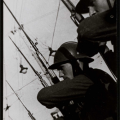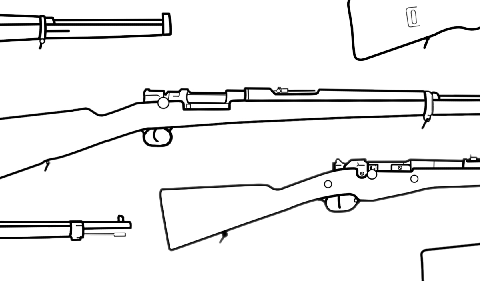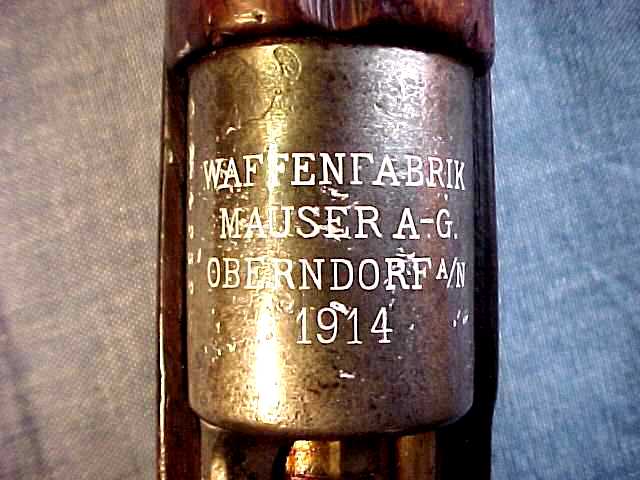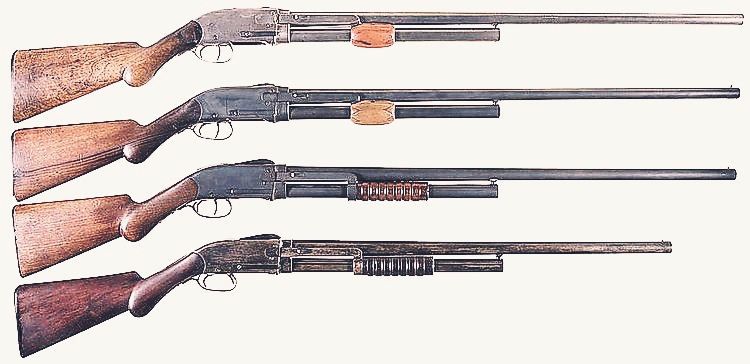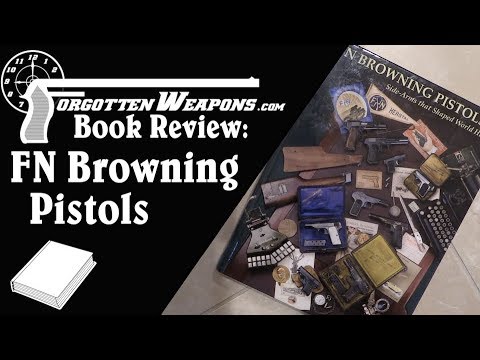Buy the book here: http://www.fnbrowning.com/fn-mauser-rifles
When I was waiting for my copy of Anthony Vanderlinden’s new book “FN Mauser Rifles” to arrive, I was expecting a typical sort of dry reference work. You know, the sort of thing that is essential for looking up details like the serial number range for a specific contract, or the sling swivel location on some specific nation’s version of a rifle. When the book arrived and I cracked it open, I found something quite different.
What I found was an authentically engrossing history of Belgium, the Fabrique Nationale company, and the rifles it produced. It would have been a savvy move to deliberately expound on the context of FN’s Mausers to make them more interesting (let’s be honest; Mauser contract variations are not the most riveting subject in arms history), but I think the book took this path because of the author’s genuine passion for the subject and a desire to share that passion with others. Good grief, the man owns a 1926 FN car! If that’s not devotion to a subject, I don’t know what is (and it’s really cool!).
Anyway, the first half of the book is a tale of Belgian history and arms production. The trials that led to the adoption of the 1891 Mauser and the subsequent formation of the FN conglomerate by the preeminent armsmakers of Liege in order to secure a contract to make those 1891s. The production leading up to WWI, and the Belgian response to that war, including production in the United States and England. The company’s recovery after the war, including its efforts in the automotive industry. The buildup to WWII, and the response to yet another German occupation. Sabotage of German production. Recovery after that war as well, and FN’s role in post-war Europe as Mauser production came to an end. And throughout this tale, the simultaneous story of the Congo Free Sate as it became the Belgian Congo and took part in Belgium’s trials and tribulations.
In the more technical sections of the book, Vanderlinder presents information that has heretofore been pretty hazy, like the actual differences between FN Mauser model designations, and exactly who ordered what and when. He also provides excellent detail on the manufacture, repair, and later conversions of the Model 1891 rifles for the Belgian military as well as the Congolese armed forces.
As you have probably realized by this point, I found the book an excellent and compelling read…not the sort of thing one would normally expect from this subject matter. You don’t need to be an avid enthusiast of FN or Belgian history to appreciate it. Quite the opposite, in fact – if you (like most people) have only the most cursory knowledge of the subject, it is an excellent way for you to really find an appreciation for the company and country. Just be warned that the cover price doesn’t include the rifles you will want to buy once you’ve started reading!
“FN Mauser Rifles” is available directly from the publisher (who is also the author, but this is not a self-published work) at www.FNBrowning.com. Ordering there instead of from other dealers will get you an autographed copy, which is a nice bonus.
http://www.patreon.com/ForgottenWeapons
Cool Forgotten Weapons merch! http://shop.bbtv.com/collections/forgotten-weapons
If you enjoy Forgotten Weapons, check out its sister channel, InRangeTV! http://www.youtube.com/InRangeTVShow

At Forgotten Weapons I think the most interesting guns out there are the most obscure ones. I try to search out experimental and prototype weapons and show you how they work, in addition to more conventional guns that you may not have heard of before. You’re much more likely to find a video on the Cei Rigotti or Webley-Fosbery here than an AR or Glock. So, do you want to learn about something new today? Then stick around!
